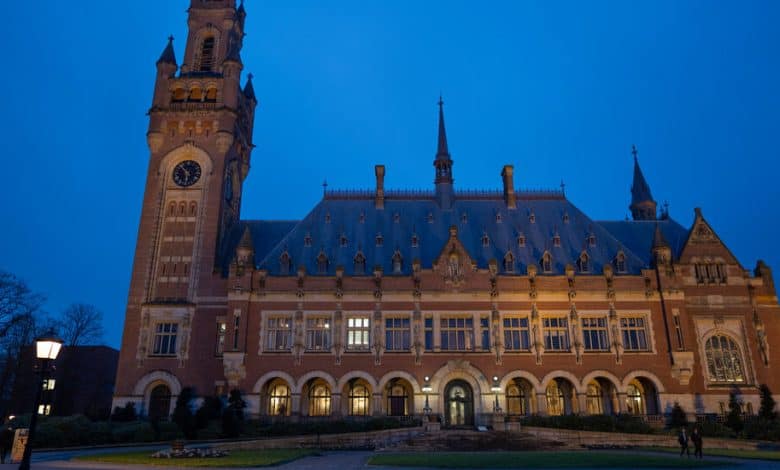How a Slow-Moving Court Became the Center of the World’s Hottest Debate

Hamas’s Oct. 7 attack on Israel had many unpredictable consequences, but the elevation of the International Court of Justice to global public attention is a particularly unexpected one.
In December, South Africa brought a case against Israel alleging violations of the Genocide Convention, and last week the court held hearings on a separate matter regarding Israel’s occupation of Palestinian territories.
The two matters have turned the court into a new arena for the political disputes and legal arguments over Israel’s actions in Gaza, where over 29,000 people have been killed, many by heavy Israeli bombardment. And although the court’s enforcement powers are limited, its public hearings, at a time of intense interest in the conflict, give it considerable power to shape, and reflect, global opinion.
The court’s conspicuous role is partly a coincidence of timing: The U.N. General Assembly requested that the court in The Hague issue a nonbinding advisory opinion on the legality of Israel’s occupation back in January 2023. It’s unlikely we’d be discussing those hearings in detail if war had not broken out in the meantime, and if South Africa had not filed its genocide case in the same court.
But for now, the court, the U.N.’s highest judicial body, has been thrust into the spotlight and asked to weigh in on a closely watched global conflict while hostilities are ongoing.
That has created a highly unusual situation. International court cases often move too slowly to have a real-time effect on current events, and frequently concern dry and arcane subjects such as fishery disputes.
